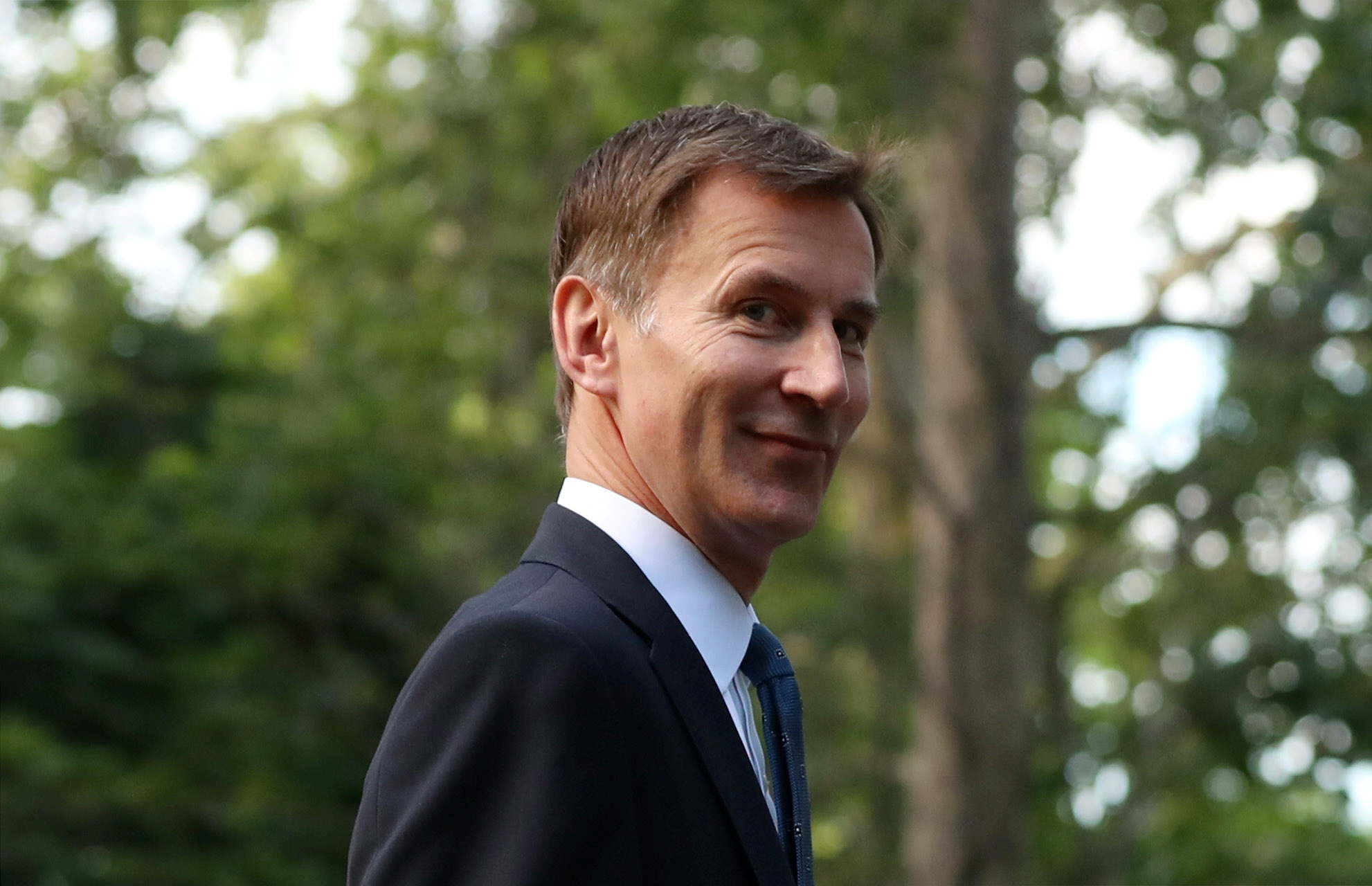Jeremy Hunt Is Desperate to Ditch the Energy Price Cap. Too Bad His Own Voters Need It
Facts don’t care about your feelings, Jeremy.
by Ell Folan
8 March 2023

In years to come, the short-lived government of Liz Truss will only be remembered in popular culture for the spectacular way in which it imploded. But more attentive historians will likely remember it for one of its only major policies: a cap on consumer energy prices.
When running for the Tory leadership, Truss insisted that her plan for soaring bills was only to cut taxes and halt green levies. Yet almost as soon as she assumed office, she intervened directly to cap bills via an energy price guarantee (EPG), limiting bills to an average of £2,500 per year.
After Truss’s departure, chancellor Jeremy Hunt announced that the policy would soon be scrapped entirely for the vast majority of Brits. Yet he too quickly u-turned, first announcing that the cap wouldn’t be scrapped, but would instead increase to £3,000 from April. Then, last week, Hunt dropped this increase as well.
The question is: how did a Tory party that so deeply dislikes intervening in the economy find itself hopelessly committed to this particular intervention?
Opposition politicians will be tempted to see the EPG u-turn as a win, but in truth, it simply reflects the scale of the crisis. Had bills been left uncapped, they would have risen to an average of £3,000 per year by April 2023 – a 164% increase compared to April 2021.
Until last week, Hunt had ruled out extending the price freeze on the basis that it was not affordable. But this reasoning was nonsensical, given that energy firms have made gigantic profits off of the energy crisis – BP’s profits more than doubled to £23.1bn in 2022 – that could be recouped through a windfall tax.
The Tories have found themselves forced into capping energy bills again because the cost of living crisis has not gone away – indeed by some measures it is as bad as ever. Food price inflation hit 15.5% in January 2023, over ten percentage points higher than the same time two years ago.
At the same time, surveys of Brits show that they are still struggling to make ends meet. Polling by YouGov conducted in February indicated that 63% of Britons (including 49% of over-65s, a key demographic for the Tories) have cut back on spending in the past three months; without the EPG, it’s easy to imagine that figure would have been considerably higher.
This continued crisis has left the Tories floundering electorally, not just in simple polls of voting intention (which show them over 20 points behind) but also in surveys that asked voters how the Tories are managing the economy. Once regarded as a fundamental strength of the party, voters now rate the Tories’ record on the economy as a dismal failure, with 76% saying the government is managing the economy poorly. A big part of this is likely the government’s inaction over the cost of living: 80% of voters now think the party is handling the issue badly.
Yet the other reason the Tories have bent to reality and decided to maintain the EPG at its current level is that there is hope on the horizon. One reason that energy bills have been so high is that the wholesale price of natural gas had massively risen, but in recent months, this trend has reversed: prices are now lower than they were before Russia’s invasion of Ukraine.
This drop will not have an immediate impact on bills, because energy firms tend to buy gas in bulk ahead of time, and prices have been high until recently. But in the coming months, firms will start buying gas at the current low prices, bringing down consumer bills across the board. This is reflected in the fact that Ofgem’s energy price cap (the same cap that had to be undercut by the EPG) is expected to fall to £2,100 by July – making the EPG redundant.
The U-turn on the EPG reflects a trend that has held true throughout the pandemic and subsequent crises: the Tory government has consistently made clear that it does not want to intervene in the economy, yet finds itself forced to do so simply to keep the country afloat. The Tories initially wanted to end furlough after just a few months, yet found themselves forced to extend it multiple times. When it comes to energy bills, they’ve similarly been forced into U-turn after U-turn: initially, they discussed only targeted support for the most vulnerable; then they announced a £200 repayable energy rebate for everybody. They then scrapped the requirement to pay it back and increased the rebate to £400. And they didn’t want to cap energy bills, yet ultimately had to do so, and undertake more u-turns once again.
All of this reflects a universal truth that will continue to afflict this government and whoever replaces it: British capitalism faces a set of deep and interlocking crises, and a hands-off approach from the state is simply not a serious option. Like it or not, the Tories are finding that they must intervene to keep the system running relatively smoothly, or citizens (and importantly, their own voters) will be forced into poverty on a mass scale. On some level, this trend is promising as it suggests intervention is inevitable – but it really would make the whole situation much easier if politicians would just accept that a bold state is what we need.
Ell Folan is the founder of Stats for Lefties.


